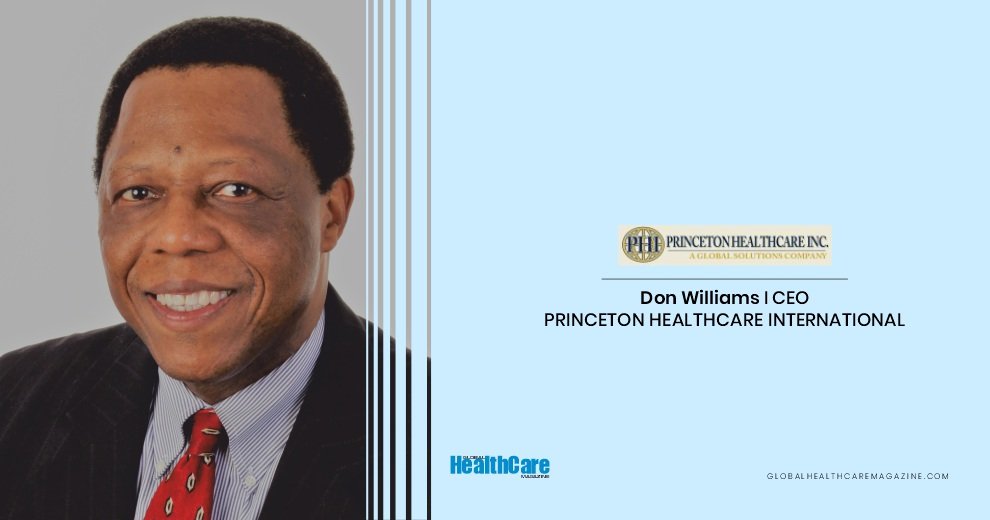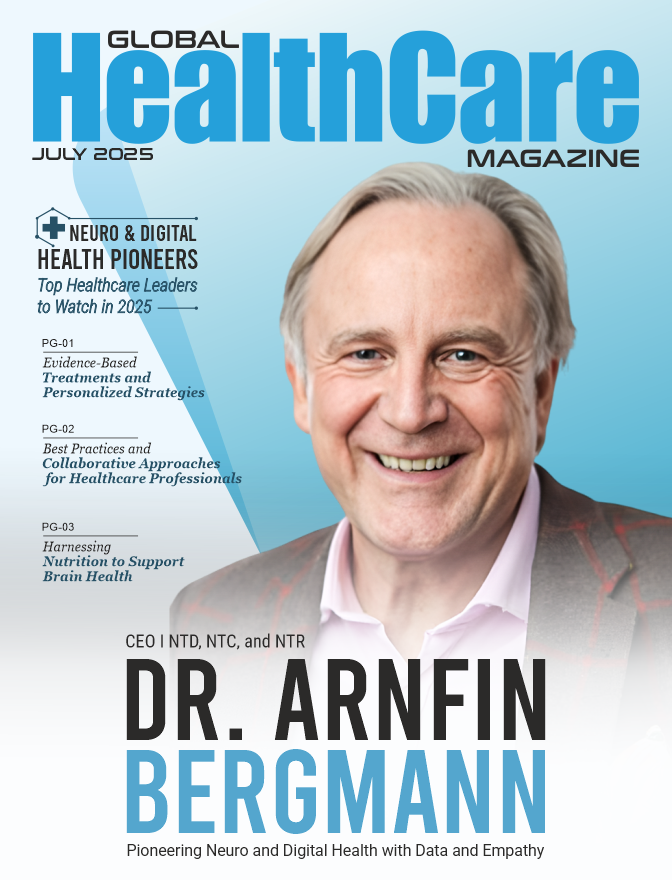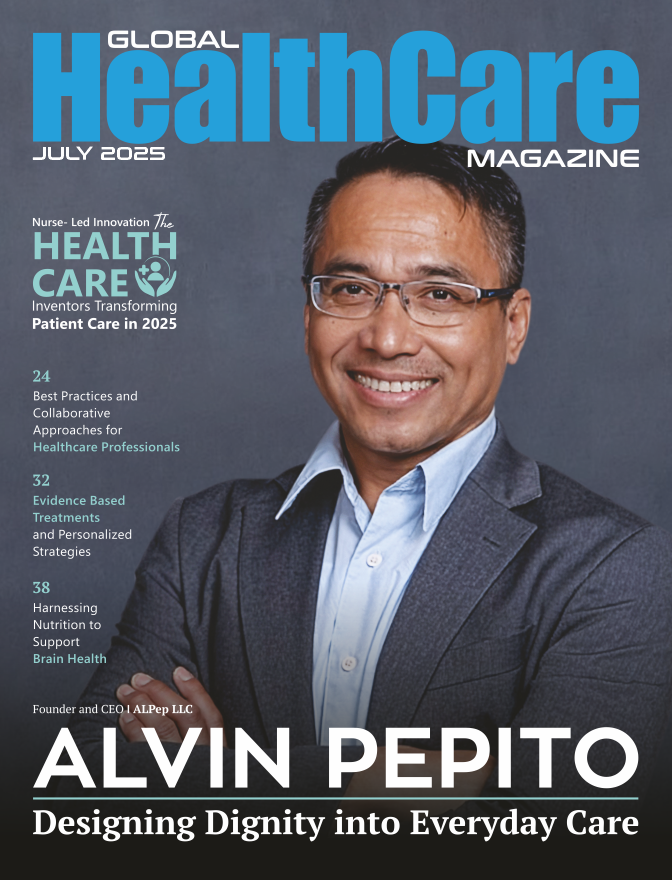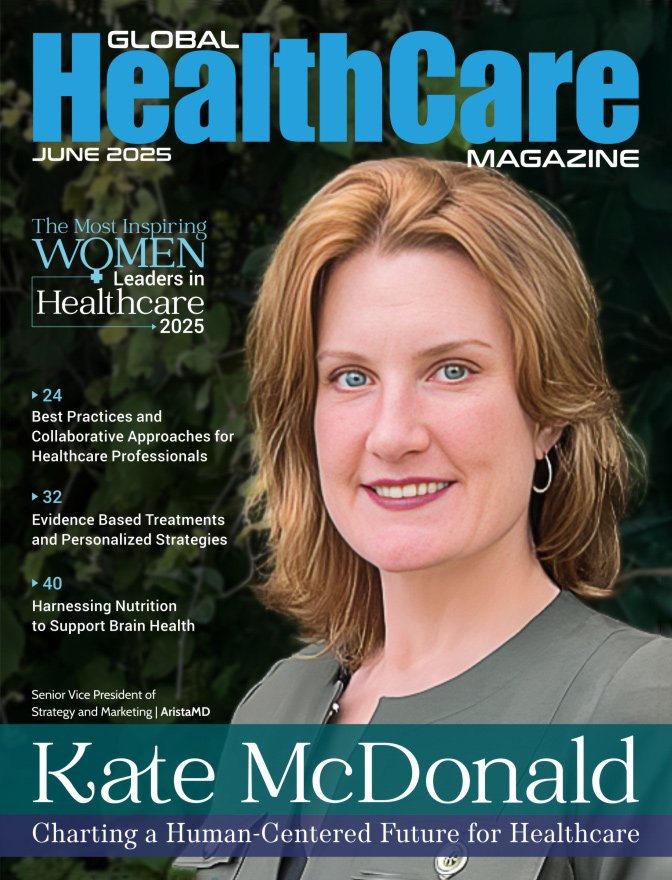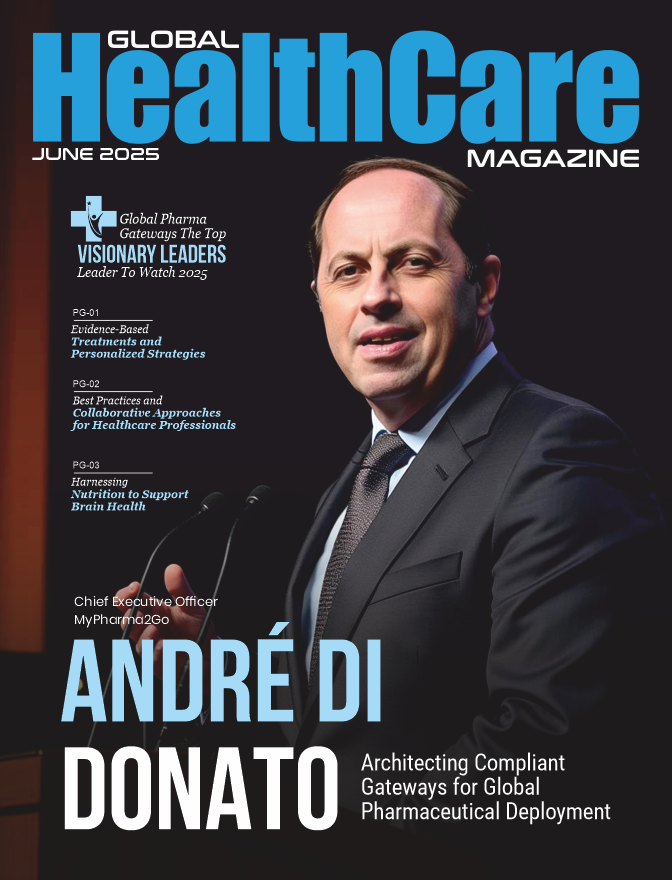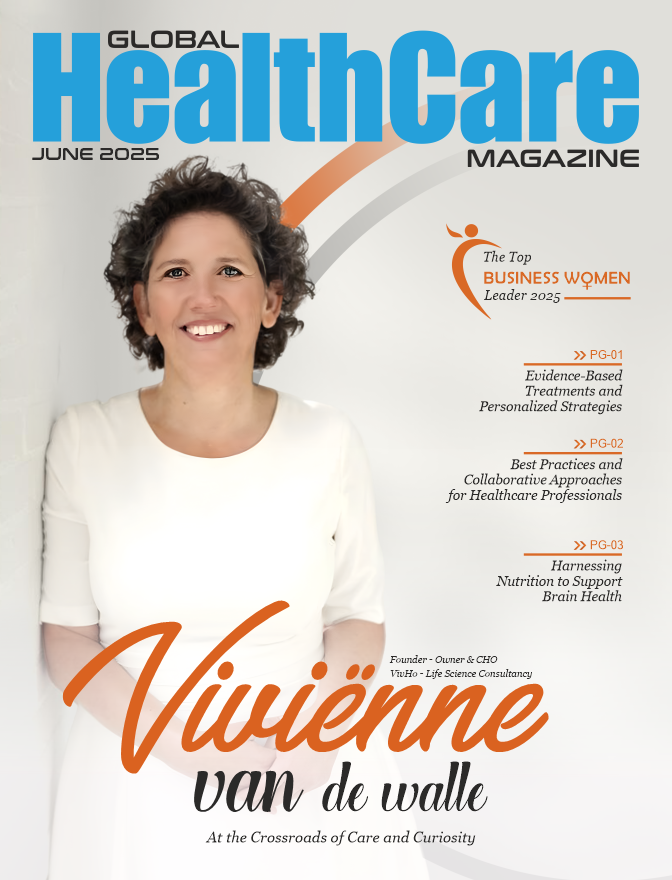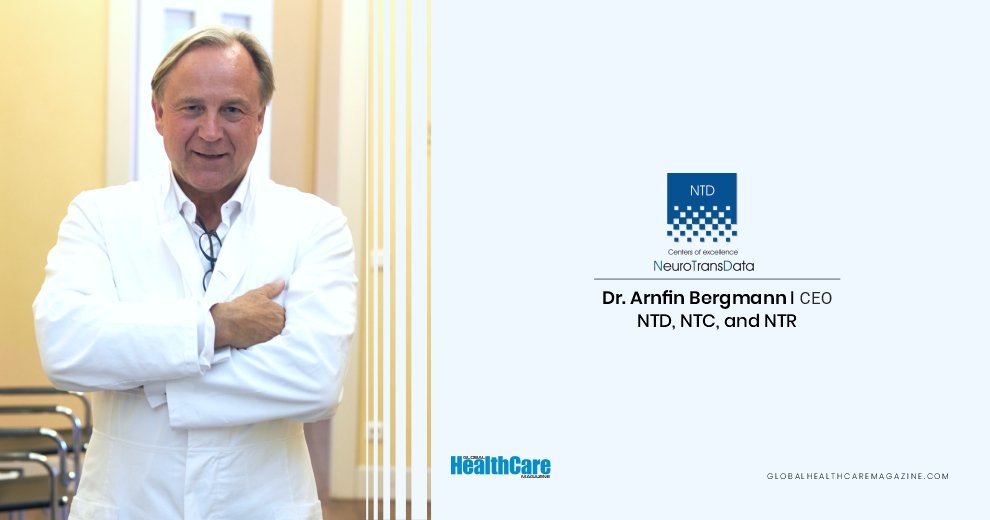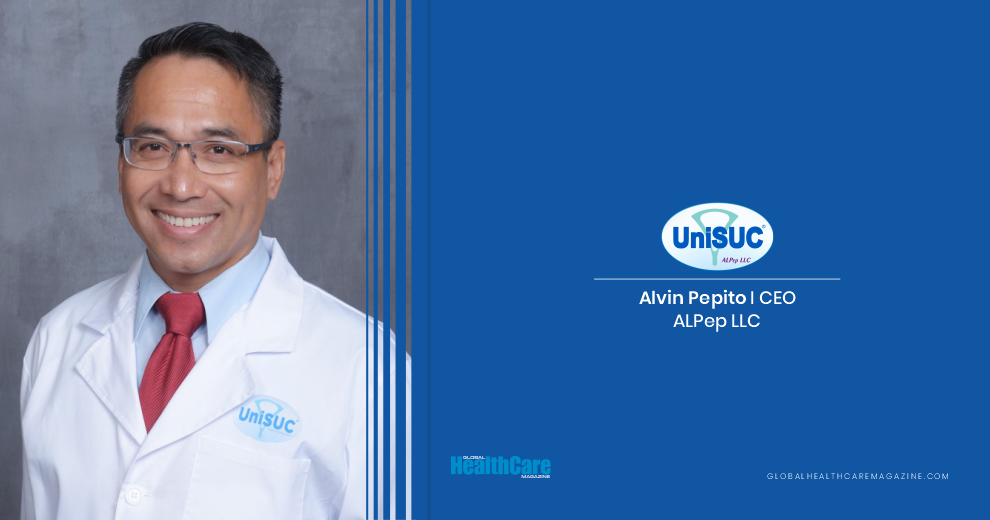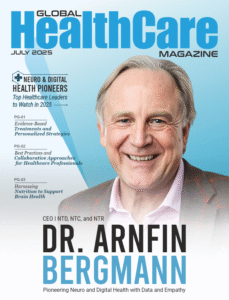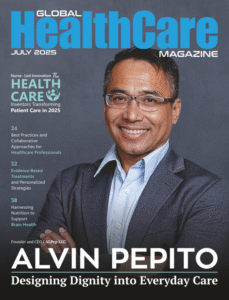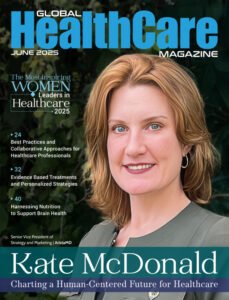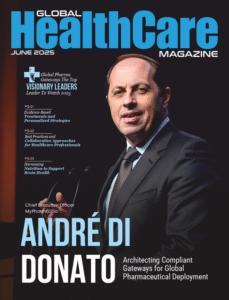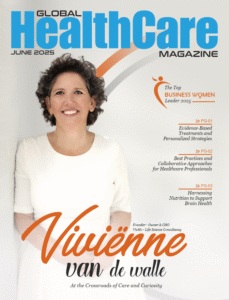- Don Williams, CEO of several Princeton advisory firms, leads global healthcare and infrastructure projects with a focus on financing, management consulting, and development.
- Operating from Atlanta, Georgia, with satellite offices in Sao Paolo, Brazil, Mexico City, Mexico, Delhi, India, and Nairobi, Kenya his team has enabled numerous global healthcare and infrastructure transactions across five continents, including North and South America, Africa, Asia, and Europe.
- Williams’ dedication to quality healthcare fuels Princeton Healthcare International’s mission to revolutionize global healthcare access and affordability.
“Building Bridges with Healthcare and Infrastructure.”
That’s the mantra Don Williams, CEO of Princeton Holdings Global, Princeton Healthcare, and Princeton Technologies International, lives by — it’s also become the tagline for his companies, which are making waves in the global healthcare and infrastructure sectors.
Operating from Atlanta, Georgia, with several global satellite offices, these advisory firms have specialized in financing and developing healthcare and infrastructure initiatives globally. Williams and his team have been working tirelessly to support healthcare and technology initiatives, not just for Princeton, but also for international companies and governmental agencies looking to develop innovative and sustainable projects.
So far, Williams, a leading authority in U.S. exports for trade and financing, has completed numerous developments in construction, equipment, and financing transactions across five continents, including North America, South America, Africa, Asia, and Europe.
In a recent interview with Global Healthcare Magazine, Williams shared his optimism about the future. He highlighted the urgent need for quality healthcare and advanced diagnostic technologies in emerging markets and touched on the growth of the medical tourism industry, and the impact that this is having on global healthcare services. For Williams, this is just the beginning of a journey to transform the global landscape of healthcare and infrastructure.
GHM: Could you please walk us through your educational and professional journey? We are particularly interested in your academic background, the key institutions you have been part of, and your areas of specialization.
Don: I grew up in New York City, where I attended public schools. After graduating from high school with honors, I received an academic scholarship to attend Boston University. Initially, I was interested in attending medical school, so I pursued a technical undergraduate degree.
However, I soon realized that my interests lay more in the fields of business and engineering, particularly in the development of life-saving healthcare technologies. This led me to attend graduate school at Northeastern University’s Graduate School of Engineering, where I earned an MSc in Engineering and Management.
After graduate school, I attended Columbia University’s Graduate Business School in NYC for advanced studies in Marketing and Finance. This combined training helped me develop the solid analytical skills needed as a CEO.
My professional journey spans over 20 years and includes working for several world-class global firms, including Hewlett Packard and Siemens AG. My experiences with these organizations prepared me for cross-functional assignments in business analytics, engineering, business development, marketing, product management, and ultimately, as a General Management Executive.
The training and responsibilities I received prepared me for global assignments and opportunities, specifically within the hospital and healthcare industry. In these roles, I gained the insight to develop and manage major complex development projects, both within the USA and abroad.
GHM: Could you please share the origin story of Princeton Healthcare International and its evolution over the years? Are there any key milestones that you would like to highlight?
Don: I am the Founding Member of Princeton Healthcare International (“PHI”). Princeton was born out of collaboration with several colleagues who attended Boston University with me. Together, we brought a diverse educational background and work experiences spanning Engineering, Business, Finance, Hospital Administration Management, and Medicine.
PHI’s first international initiative took place in West Africa, where we assisted the region’s largest hospital in securing financing for a facility expansion and acquiring state-of-the-art medical equipment that was greatly needed.
Following this successful initiative and several additional projects in Africa, we expanded our reach to South America, where we began developing business in Brazil and other LATAM Countries.
Besides that, we established Princeton Technologies to support major infrastructure projects outside of healthcare. Recently, we set up Princeton Holdings Global to manage assets associated with both Princeton Healthcare International and Princeton Technologies International.
Today, Princeton Healthcare International is a leading global financial advisory and development firm that has completed numerous healthcare and infrastructure projects. These projects involve establishing funding, designing, and equipping hospitals and healthcare facilities with medical equipment and technologies. Our team has also been instrumental in helping to provide management consulting support to these healthcare organizations, by integrating the latest best practices and management technologies to improve patient outcomes.
GHM: Princeton Holdings is renowned for its expertise in financing healthcare projects. How do you devise financing solutions that enhance accessibility and affordability across different parts of the world?
Don: One of the significant challenges with funding projects globally is enabling institutions to understand the complexities of project funding and securing capital from international markets. A crucial part of our responsibility involves educating our clients and preparing them to secure funding from funding agencies and capital markets more effectively.
The mission statement of PRINCETON is: “To provide initiatives that improve the quality of and access to healthcare within key emerging market economies, where healthcare services and the latest diagnostic informational technologies may not be readily available.”
GHM: As the leader of these companies, could you share your key roles and responsibilities? Could you also share the guiding principle or mantra that influences your decisions as a CEO?
Don: As the CEO, the guiding principles of my firm are based on showing respect for everyone, operating with the highest level of honesty and integrity in all of our dealings, and integrating the best practices for our clients to yield the best outcomes.
By truly understanding the daily challenges and complexities of hospital and healthcare operations, we realize that our work can have a significant impact, which can positively improve the health of citizens in that region or country. As the CEO, I hold the overall global responsibility, including Profit & Loss, and the executive management of these firms.
GHM: Throughout your career, you have received numerous awards and recognition for your achievements. Could you share a few of these notable accolades with us?
Don: Over the years, PHI has been honored with several awards. Among them, the most gratifying is the “International Business of the Year” from the State of Georgia, several Globe Awards, and an Export Award from the US Government. Additionally, according to The Financial Times, Mr. Williams is one of the top 100 global leaders available to work on Corporate and Industry Boards.
In addition to these recognitions, I have been appointed for my 6th term, spanning 23 years, as an Advisor to the US Department of Commerce and International Trade Administration. This appointment was made by the United States Secretary of Commerce and the Ambassador for Trade. I also hold positions on several Corporate International Advisory Boards of top-ranked universities.
GHM: What challenges did you face in your career journey? How did you tackle them?
Don: One of the most significant challenges has been working in a wide range of emerging market economies and learning how to navigate successfully in each country. Recruiting talent and building a diverse, international team with solid analytical skills to manage and resolve complex problems can be daunting.
However, my role as an Adjunct Professor/Lecturer for Global Business at a top-ranked university and my active involvement in several major international organizations and chambers of commerce have assisted us in identifying talented individuals from diverse backgrounds and experiences.
GHM: Effective leadership is crucial in the healthcare sector. What strategies do you employ to build and lead a successful team within Princeton?
Don: We seek out highly talented individuals with diverse backgrounds. These individuals are typically highly motivated, well-educated, and possess strong analytical, communication, and interpersonal skills.
GHM: As a prominent leader in the healthcare field, what advice would you offer to aspiring healthcare leaders who wish to follow in your footsteps?
Don: My advice to budding healthcare leaders is to take on new assignments and opportunities that come with increased responsibilities. These will enable you to hone your analytical and leadership skills. Always approach each opportunity with a positive mindset. Remember, your attitude can make a significant difference.
GHM: How do you maintain a perfect work-life balance? What are your hobbies/interests beyond the cabin?
Don: Balancing work and family life can indeed be challenging. However, finding time for activities helps me maintain an upbeat attitude. I love traveling, reading, playing chess, and mentoring. Additionally, I find great satisfaction in contributing to my church and community. These activities not only enrich my personal life but also bring a sense of balance and fulfillment.
GHM: Is there anything else you would like to share with our readers? Perhaps a message of encouragement, a specific call to action, or any other wisdom you’d like to impart?
Don: I would like to emphasize that maintaining a balanced work-life is critically important for success. I encourage you to get involved in professional and civic organizations. These platforms provide opportunities to develop new relationships and improve your communication and interpersonal skills.
Striking a positive balance between work, industry involvement, and civic and community participation is essential. Ultimately, this balance helps you manage your time and stress and makes you a more “well-rounded” leader.
Quote
“Take on new assignments and opportunities with increased responsibilities that will allow you to develop additional analytical and leadership skills.”


